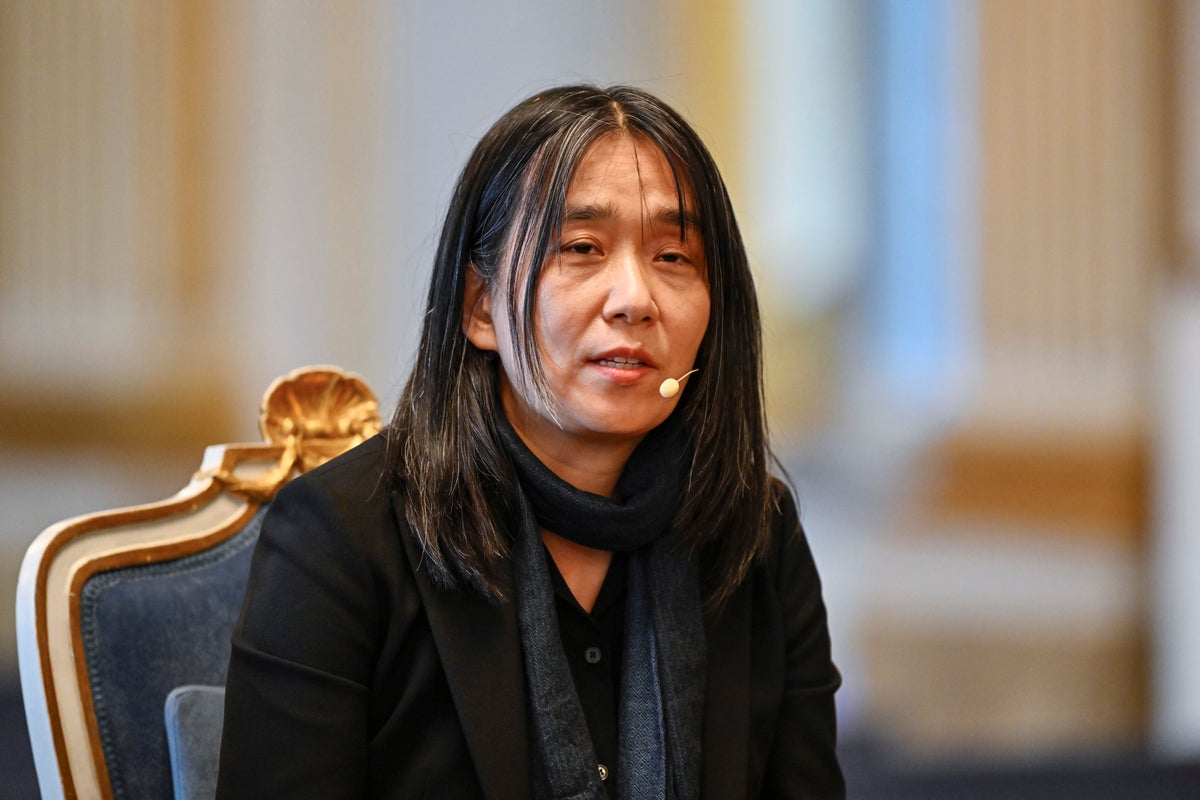
South Korean author Han Kang, this year's winner of the Nobel Prize in Literature, said Friday that she was shocked by this week's martial law announcement in her home country.
Han, awarded by the Nobel committee “for her intense poetic prose that confronts historical traumas and exposes the fragility of human life," spoke to journalists at a news conference in Stockholm after days of political turmoil back home.
She recalled how she studied martial law imposed in her country in 1979 for her book “Human Acts.” The book is set in 1980 in her birth city of Gwangju following a bloody crackdown on pro-democracy protesters that left around 200 people dead and hundreds of others injured.
She described the shock of living through another attempt at martial law, this one live-streamed in real-time, when the president announced martial law in a surprise late-night address on Tuesday. It brought back memories for many South Koreans of the country’s past military-backed dictatorships.
“Like everyone else that night, I was deeply shocked,” the 54-year-old said through a translator. “For me to witness a similar situation unfold before my eyes in 2024 was startling."
Han, known for her experimental and often disturbing stories that explore human traumas and violence and incorporate the brutal moments of South Korea’s modern history, is South Korea's first writer to win the preeminent award in world literature.
President Yoon Suk Yeol sent heavily armed soldiers into Seoul’s streets after announcing martial law. But parliament forced him to lift his order within hours and the president is now facing possible impeachment.
Opposition parties are pushing for a vote on Saturday on the impeachment motion, which needs support from two-thirds of the National Assembly to advance to the Constitutional Court, which would decide whether to remove Yoon from office.
Saturday is also the day Han will deliver her Nobel lecture in Stockholm, the Swedish capital. There will be a ceremony and banquet for her and the other laureates next Tuesday, which is December 10, the anniversary of Alfred Nobel’s death.
Despite the problems in the world, Han said she is celebrating her Nobel win but celebrating “quietly.”
Speaking through a translator, she said that the state of the world has been making her question many things. “And sometimes I wonder: do we have any hope left in this world?" Han said she decided that “hoping for hope is a hope.”
___
Gera reported from Warsaw.







